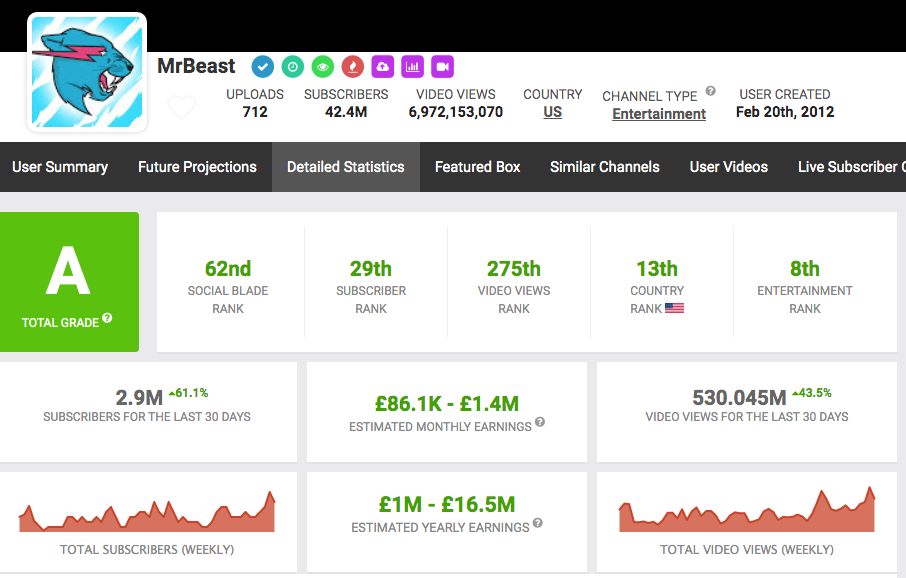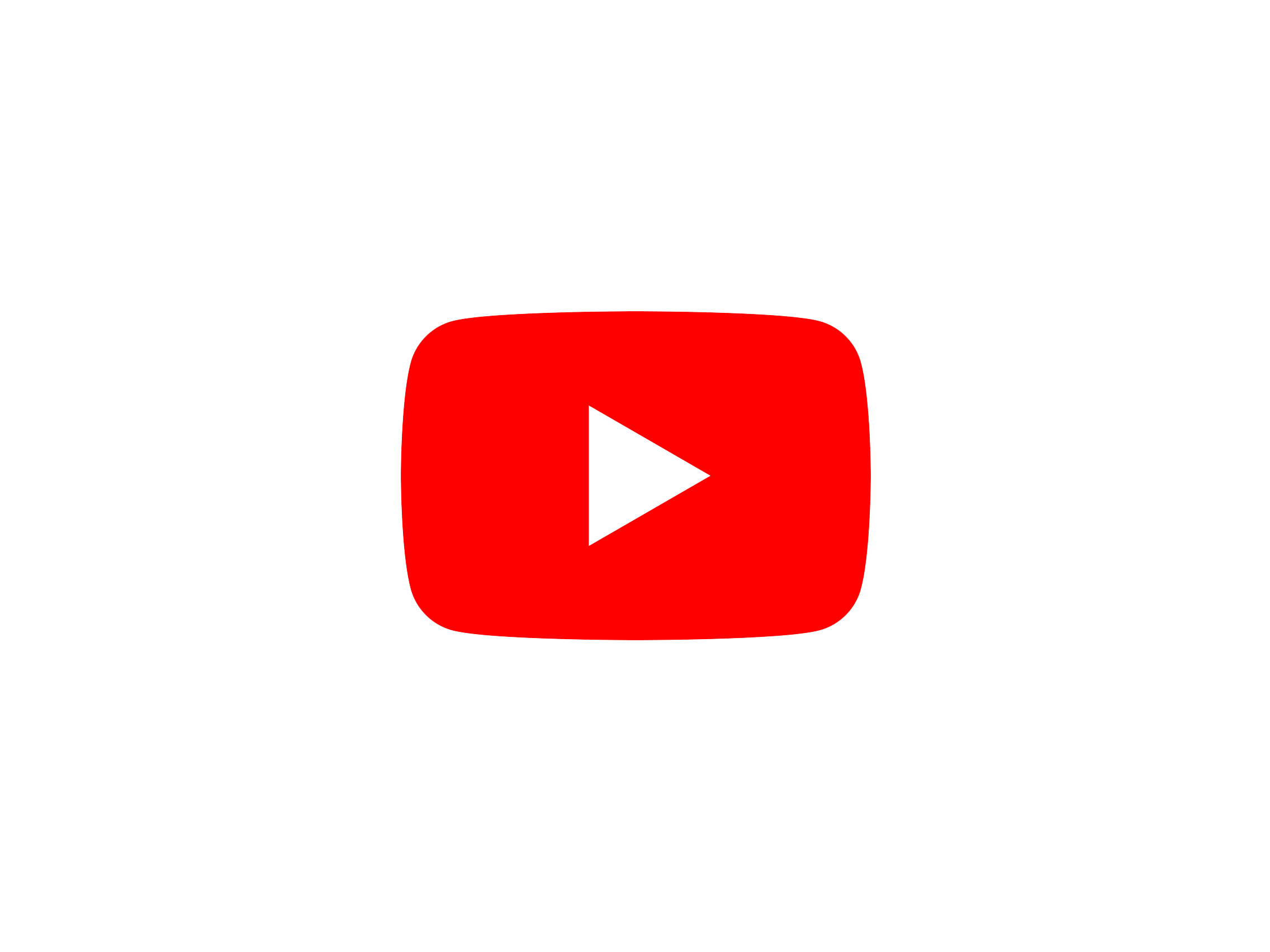What previously would have been considered grand revolutions of their own arise and reform as mere bubbles on the surface of the larger internet revolution.
The tech debates on video platforms are saturated with focus mostly on commercial priorities—growth, monetization, competition—but the social implications are worth discussion. One of my favourites is the content revolution of YouTube, and its emergence as the actual future of TV.
Why is YouTube great, and how has it become underappreciated?
- recommendation engine: it's not TikTok quality, perhaps, but it is very reliable at serving up a blend of content from the same source, related content from other sources, repeats and wildcards.
- comments: no-one compliments Big Tech when does a good thing, but YouTube comments have got a lot better then bad old days. Trolling and spam have reduced, threads are kind of semi-explicit, and uncomplicated. There's still piling on, and a ton of inanity, but real communities form around creators, a lot of occasional commenters are often highlighted, and it's genuinely value to read comments and threads.
- creators: creators really do exist on YouTube. One of the obvious flaws of magic recommendation engines, auto-follows, and (surely?!) fake viewstats on TikTok is that creators might get a pop of views, but that doesn't give them a stable or growing audience, let alone a community. YouTube, of all the streaming video platforms, has - not without past and ongoing flaws, particularly inconsistency around monetization - built a fascinating culture of creators, many of whom invent whole genres on the platform. @mrbeast6000 has created what I call gonzo philanthropy on his channel, and has some of the highest views, and most loyal followers, of any media personality ever: half a billion views per month, at the age of 22.

- production quality: the production quality of YouTube has improved massively, without enough attention given. @Casey and Marques Brownlee @mkbhd and other vloggers pioneered quietly using pro-quality setups in informal contexts, and now it's effectively standard, without being a gearhead scene.
- information and education: Mythbusters clips used to be the educational top for fun physics, but now you can step up through Mark Rober and Simone Giertz, to Tom Scott and Veritasium, all the way out to technical channels like 3Blue1Brown and the MIT/Coursers/Khan, not to mention a vast array of lectures, talks, chats from experts just dropped into the mix. The teacher you always, with the materials, format, timing, engagement you always wanted, is here somewhere.
- tech: it ought to be remarked more that YouTube's tech is exquisite. The quiet evolution of optimized buffering, compression, uploads, streaming, integration (eg OBS), across every platform is magical, only matched by Netflix, who take the same issue, seamless performance, equally seriously.
- depth and breadth: the bottomlessness of YouTube is unmatched in any video environment in history, and I don't think will be beat until it fails. Late night TV has accepted that it gets its most valuable demo views there, Corden has smashed the code, and all the major hosts have followed. Network news is slowly catching on, but either way, and while movies and premium content is broader issue, YouTube is already a complete TV replacement without them: people watch for information, education, diversion, connection, filling out all information food groups, as a daily ritual. It's not a novel distraction: it's a fixture, like books, radio, TV in their time.
- format: ultimately YouTube, and thus Google, have been very wise in allowing the genius of novel format to play itself out. High production quality, vast information depth, hasn't overwhelmed the personal and informal and anarchic nature of the format, and this is why it has exploded. Almost any attempt to put the genie in the bottle—YouTube Premium specials, movie premieres, music, content partnerships—has done far worse than organic creators and content, so it's possible that YouTube will never be a space for truly commercial, industrially-produced content.
I love YouTube, because I believe it has delivered on the promise of the internet, to a surprisingly high degree. Educational, many-to-many, interactive, informal, and while not non-commercial, the commercial aspect is calibrated to be a minor intrusion.
YouTube will continue to be the new, and better TV, long after TikTok has joined Vine in the annals of internet media history.
